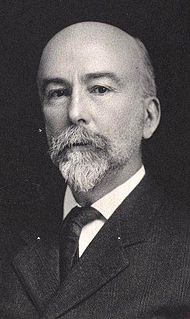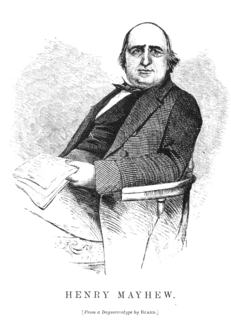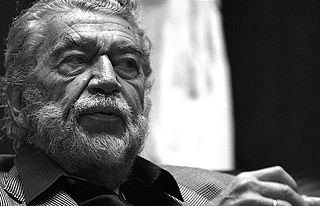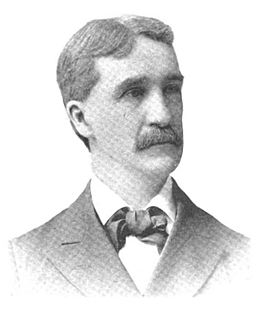A Quote by Jerome Bruner
Organizing facts in terms of principles and ideas from which they may be inferred is the only known way of reducing the quick rate of loss of human memory.
Related Quotes
[The scientist] believes passionately in facts, in measured facts. He believes there are no bad facts, that all facts are good facts, though they may be facts about bad things, and his intellectual satisfaction can come only from the acquisition of accurately known facts, from their organization into a body of knowledge, in which the inter-relationship of the measured facts is the dominant consideration.
I think a way to behave is to think not in terms of representative government, not in terms of voting, not in terms of electoral politics, but thinking in terms of organizing social movements, organizing in the work place, organizing in the neighborhood, organizing collectives that can become strong enough to eventually take over - first to become strong enough to resist what has been done to them by authority, and second, later, to become strong enough to actually take over the institutions.
The very foundation of our science is only an inference; far the whole of it rests an the unprovable assumption that, all through the inferred lapse of time which the inferred performance of inferred geological processes involves, they have been going on in a manner consistent with the laws of nature as we know them now.
I don't know, except that the only simple answer, I think, is that SCLC [Southern Christian Leadership Conference] had never really developed an organizing technique. I've always characterized the difference in saying that they went in for mobilization. And, to be honest, in terms of the historical facts, their mobilization usually was predicated upon some effort at organizing by someone else. And, at this stage, it was largely SNCC.
Our alleged facts might be true in all kinds of ways without contradicting any truth already known. I will dwell now on only one possible line of explanation, - not that I see any way of elucidating all the new phenomena I regard as genuine, but because it seems probable I may shed a light on some of those phenomena. All the phenomena of the universe are presumably in some way continuous; and certain facts, plucked as it were from the very heart of nature, are likely to be of use in our gradual discovery of facts which lie deeper still.
A religion, that is, a true religion, must consist of ideas and facts both; not of ideas alone without facts, for then it would be mere Philosophy; - nor of facts alone without ideas, of which those facts are symbols, or out of which they arise, or upon which they are grounded: for then it would be mere History.
It surely can be no offence to state, that the progress of science has led to new views, and that the consequences that can be deduced from the knowledge of a hundred facts may be very different from those deducible from five. It is also possible that the facts first known may be the exceptions to a rule and not the rule itself, and generalisations from these first-known facts, though useful at the time, may be highly mischievous, and impede the progress of the science if retained when it has made some advance.





































